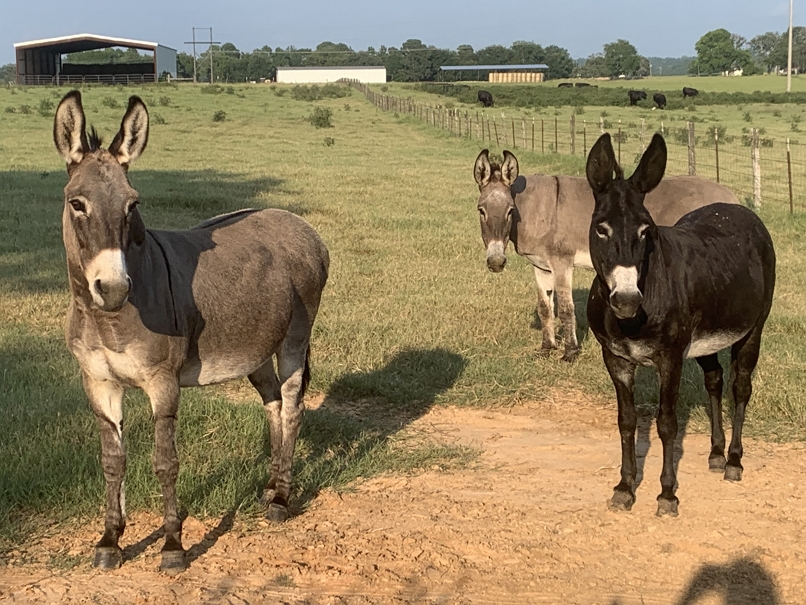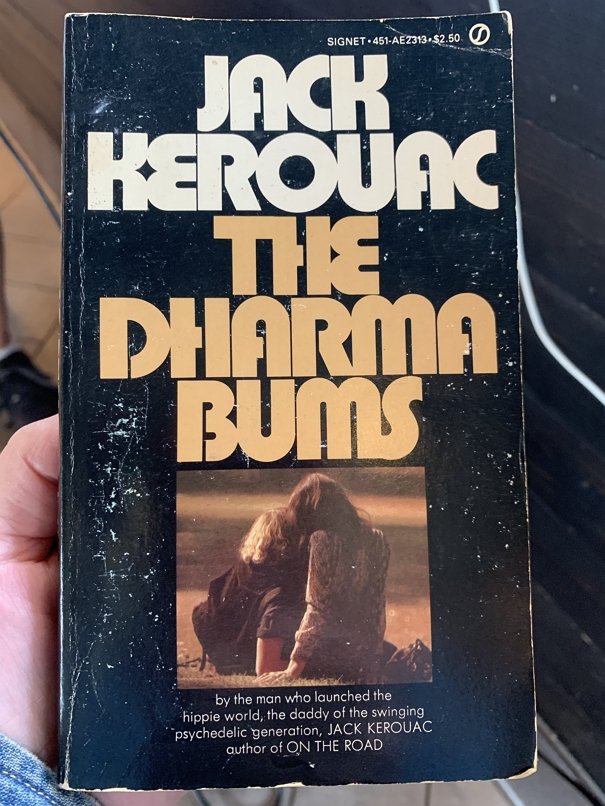Not really. In fact, the opposite is true.
Everything about me has already happened, somewhere, to someone else.
That’s just how it is, when you are one of 7+ billion and that doesn’t count the dead.
And yet, as I experience life and interpret the complex events that unfold around me — in my relationships, the accidents that befall me, the consequences of my decisions — it certainly feels unique and new. It feels like this subjective model of reality that my brain-mind builds and that my awareness occupies is “mine” and mine alone.
And so there is this paradox. My experience is unique; my experience is universal. I may not have an exact doppelganger, but if you break “me” down into granular enough pieces, they will each have exact replicas out there, somewhere.
I’m thinking about this, this morning, because I just read this essay in Slate, “Cat Person and Me,” by Alexis Nowicki. It’s an interesting piece, so do go read it.
The essay is about that story, “Cat Person” by Kirsten Roupenian, that went viral a few years ago.
The twist is that some of the story’s details were drawn from a real-life relationship between Nowicki and an older man she dated as a college freshman.
Fiction, Reality, and the Thin Line Between
If you caught any of the speculation when “Cat Person” came out, you probably remember that people wondered if it was autobiographical.
People always wonder that. I’ve had people I know tell me they see me in my novel’s characters — they tell me to my face, flatly, as if it was an indisputable fact.
Guess what. I’ve never written anything autobiographical.
My life isn’t actually that interesting.
It happens that I’m reading quite a bit lately — because my partner and I are currently tent-camping, we are television free most days; we’re spending our afternoons and evenings with books instead of ingesting mass-produced media. (Full disclosure: it’s VERY nice.)
And I’d packed a small box of books from my library’s TBD pile, choosing small paperbacks. And one of them was an old yellowed copy of Jack Kerourac’s The Dharma Bums.
Kerourac was big, once. Back when I was the age that Nowicki was, when she fell in love with her 33-year-old Charles. I read On the Road back then, because we all did. The novel Kerourac wrote in only three weeks; as you probably know, if you’ve encountered Kerourac,
The manuscript was typed on what he called “the scroll”—a continuous, 120-foot scroll of tracing paper sheets that he cut to size and taped together. The roll was typed single-spaced, without margins or paragraph breaks.
— Wikiepedia
The other thing about both On the Road and The Dharma Bums is that they were autobiographical. Unapologetically so. The “characters” are all people Kerourac was hanging with, and moreover many of them were people who were part of the literati of the time — people like Allen Ginsberg and Gary Snyder and William Burroughs. Others were not famous or destined to become famous — they were the everyday people that Kerourac met or roomed with.

There are other examples of this kind of fiction-not-fiction. Evelyn Waugh’s A Handful of Dust comes to mind. It becomes one reason to read them — you get to peer into another, disappeared world. I also read a ton of Snyder back in the day — it was marvelous to see him depicted in Dharma Bums — a young man, a woodsman, Buddhist & poet. It was marvelous to re-visit the disappeared world of the beat generation, the innocence of it, the memory of a time before coastal California became so crowded and expensive and commercialized.
What’s also changed — the reason I started writing this post — between the long-ago world when these old dead white men were writing and today — is that today, elements of our personal stories are made public routinely. Anyone can discover that I am currently tent-camping, because I’ve blogged about it and have posted about it on Facebook. And we all know what happens if we are even moderately indiscrete, online. Or if we get hacked or stalked or doxed.
So we’ve begun thinking about privacy in new ways. Nowicki feels angry, even violated, to learn that bits of her own life story were lifted and transferred, unedited, into a work of fiction.
But there’s more. She interprets this as a unique event.
And in some respects she’s right — never before has a short story with details lifted from someone else’s life gone viral in the early 21st century just as the rest of society is wrestling with fresh new concerns about online privacy, about who really owns the details about our lives.
But in other respects, she’s just one in a long line of people who have found themselves popping up in a writer’s novel.
I doubt the pseudonymous characters in Dharma Bums fretted about it the way Nowicki did. For one thing, they probably knew the risks, in hanging around Kerourac (Norwicki didn’t know Roupenian when Roupenian was writing “Cat Person.” So she was blindsided.) But it was also a different time, and my hunch is that the people depicted in On the Road and The Dharma Bums and A Handful of Dust probably didn’t think of the details of their private lives as belonging to them, in the ways we do today, in our social media-ized world. So what if the world found out that the woman Kerourac called “Princess” in the book had sex with multiple men at once in the (color me skeptical) guise that they were performing an ancient and holy Tibetan ritual? It’s what happened. It’s part of history. Own it — it’s what happened.
Today, Princess would have her real name and (probably nude) photos all over the interwebs, I suppose, and would be forced to either fiercely defend herself or confess that she felt humiliated and start crusading for revenge.
Which is why writers, today, don’t do what Kerourac did — not if they’re smart or the least bit self-aware.
I will say this, though. Someday I may well write something autobiographical. I’m getting old enough that my peers are starting to pass. If I make it long enough, I’ll be able to write about the things that I experienced, when I was Nowicki’s age, because everyone I write about will be too dead to care.
But today, I don’t. Today I build characters entirely out of my head. They are only as autobiographical as other bits of my psyche, my dreams, the myths I tell myself about myself…

